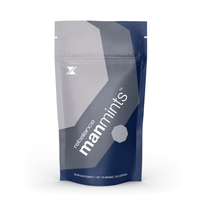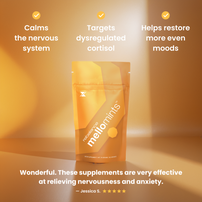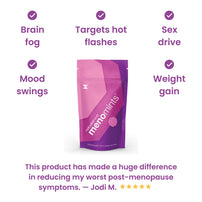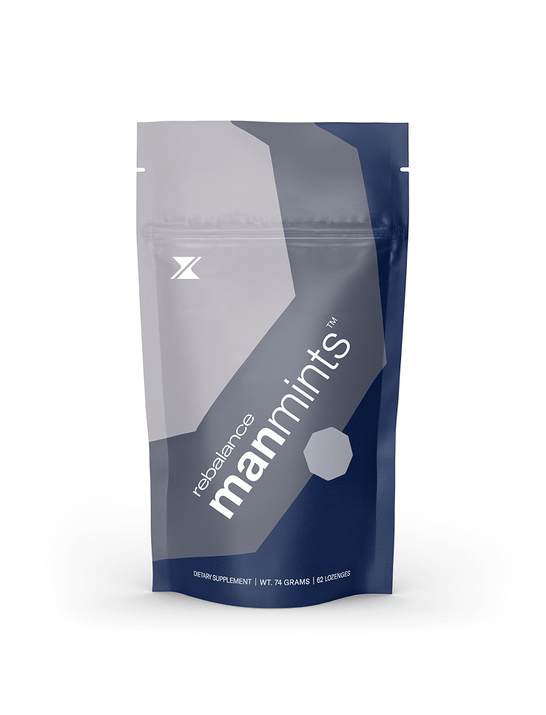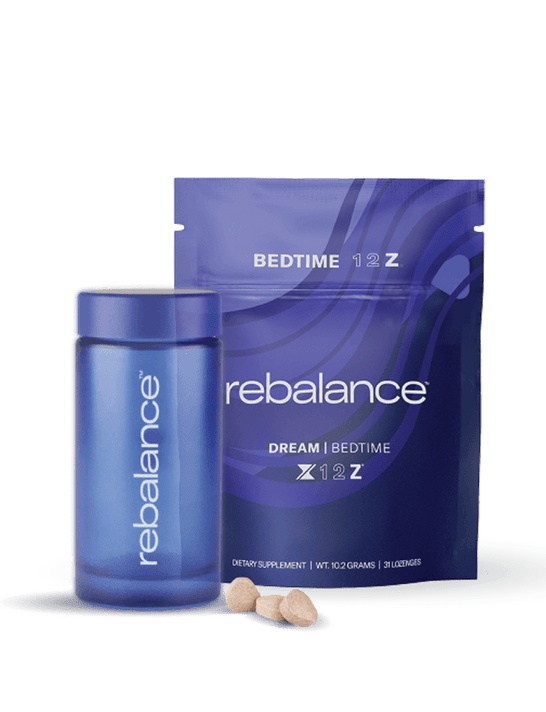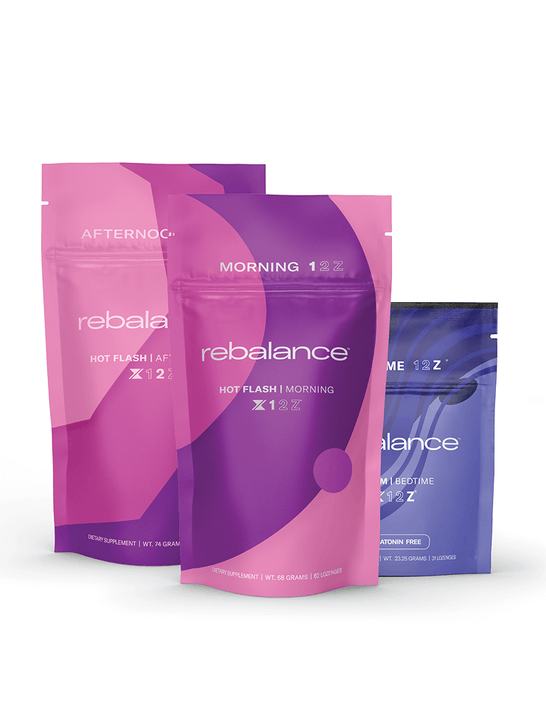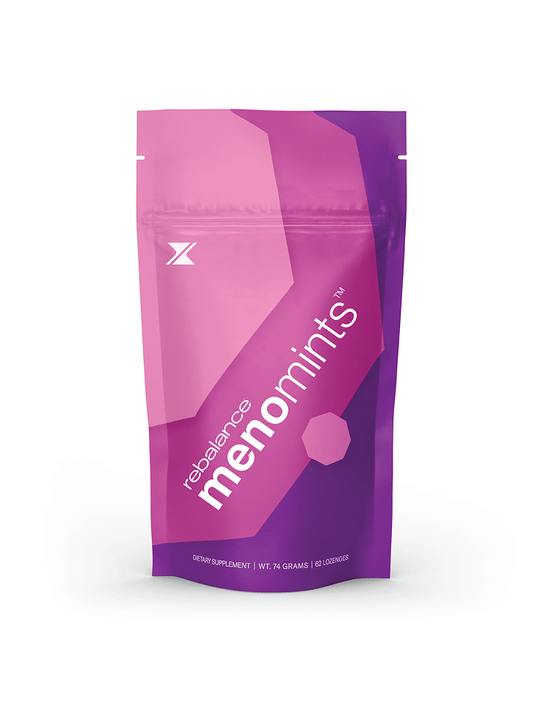What Every Guy Needs to Know About Statins
05/09/2022 by Rebalance

Written by Graham Isador for GQ
About 38 percent of people in the United States have high cholesterol, doubling their risk of heart disease. Considering that heart disease is the leading cause of death in America, that number can cause real problems for you or your loved ones.
A number of lifestyle factors contribute to high cholesterol levels, including exercise, diet, and the amount you smoke or drink alcohol—but there are also all sorts of factors you can't control, like genetics and age.
Since they were first offered in the late 1980s, a class of drugs called statins have been a key contributor to dealing with cholesterol levels. The rise in statin prescriptions has been steadily increasing in the past twenty years, and today they are one of the most prescribed drugs in the entire world. Approximately 35 million Americans are using statins, and even more have been offered prescriptions for the drug by their doctor. If you're trying to figure out whether statins might be right for you, let's walk through some of the facts.
What are statins and what do they do?
Your body needs cholesterol to do things like digest food, absorb certain vitamins, and make hormones. But too much cholesterol can cause blocked arteries, which may eventually lead to a stroke or heart attack.
Statins are a catch-all name for a number of drugs that help to lower high cholesterol. (They also help lower high blood pressure.) Statins work by slowing down your liver's ability to produce low-density lipoprotein, otherwise known as LDL or “bad” cholesterol. According to Dr. Mary P. McGowan, Chief Medical Officer of the Family Heart Foundation, the drugs have been a game-changer in the field. “Statins came on the market in 1987 and truly transformed the way we treat people with elevated cholesterol,” she said. "Lowering LDL is one of the best things a person can do to lower their risk for a heart attack, the need for stents or bypass surgery, or even death from cardiovascular disease.”
The drugs can reduce a patient's LDL cholesterol by around thirty—sometimes even fifty—percent with high doses. A meta-analysis of 27 randomized trials, showed that statin therapy helped reduce adverse cardiovascular events by twenty to twenty-five percent.
Are statins right for me?
The reason statins are so widely prescribed is because they work. They’re often prescribed as the first level of defense. This isn't to say that they’re the only way to get your cholesterol levels down. Dropping weight, moving more, and changing your diet can also make big shifts. Still, sometimes lifestyle changes alone are not enough.
“Diet can lower LDL by about ten to fifteen percent which may be sufficient for some people to achieve their LDL goal level,” said McGowan. “However, there are many people for whom diet is insufficient either because they already have cardiovascular disease or because they have genetic conditions.”
Depending on what your doctor advises, a combination of lifestyle changes and medications might be necessary. People more prone to heart disease or stroke, including men over forty, should also think more seriously about medication.
What are the side effects of statins?
Statins come with a number of potential side effects. Some of these can be relatively minor like dizziness, constipation, or flatulence. They can also include things like muscle pain. More rarely, statins have been associated with things like memory loss, liver inflammation, and an increase in diabetes. Board-certified cardiologist R. Todd Hurst found that in his clinical experience side effects impacted about ten percent of people, which was similar to the numbers found in research trials, with the most-common side effect being sore muscles.
Ideally, statins are paired with a healthy lifestyle
For many experts, lifestyle changes take center stage, especially as preventative measures.
“Many people prefer to avoid taking medications and try to lower their cholesterol, as statins have been shown to increase cortisol, which in turn trigger a chain reaction with your body’s natural hormone production,” said Dr. Darren Clair, Chief Medical Officer at Rebalance Health. “Eating a whole food plant-based diet, as well as managing stress, getting enough quality sleep, and maintaining natural, healthy hormone levels in a comprehensive manner is the best way to achieve optimal health and minimize your risk of all chronic health conditions including heart disease.”
But the best course of action for figuring out whether or not you should be using statins is always going to be talking things through with a medical professional and chatting about the potential cost/benefits. But if you're a person who is at higher risk for a cardiovascular event—again looking at men over forty and overweight folks—then that might be a conversation you want to be having sooner rather than later.
Overview

Stay Calm. Sleep Deep. Wake Clear.
A lozenge that supports deep sleep, better REM, and calmer nights. Without melatonin — unless you want it.


